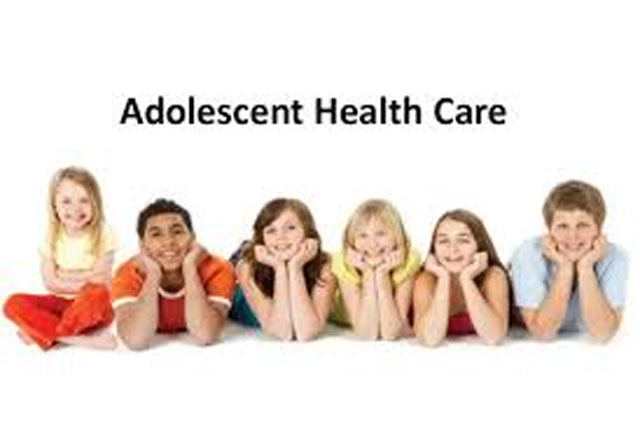Daijiworld Media Network – Mumbai
Mumbai, Nov 26: Adolescence, typically ranging from ages 10 to 19, is a critical period of physical, emotional, and social development. During this time, young people experience rapid growth, hormonal changes, and evolving cognitive abilities, all of which influence their long-term health and wellbeing. Ensuring proper care and awareness during these formative years is essential to prevent health issues and build a foundation for a healthy adult life.
Physical Health: Adolescents undergo significant physical changes, including growth spurts, puberty, and changes in body composition. Proper nutrition is vital to support this growth, including adequate intake of proteins, vitamins, minerals, and calcium for bone development. Regular physical activity helps maintain a healthy weight, improves cardiovascular health, and enhances mental wellbeing. Sleep is another essential component, as adolescents require 8–10 hours of rest for optimal growth and cognitive function.

Mental Health: Mental health challenges often emerge during adolescence. Hormonal changes, peer pressure, academic stress, and social media influence can contribute to anxiety, depression, and low self-esteem. Encouraging open communication, providing access to counseling, and fostering supportive environments at home and school are crucial to helping adolescents manage stress and build resilience.
Sexual and Reproductive Health: Adolescence is a period when sexual curiosity and relationships may begin. Access to age-appropriate education about puberty, contraception, sexually transmitted infections (STIs), and consent is essential to promote safe practices and prevent early pregnancies or infections.
Substance Use and Risk Behaviors: Adolescents may experiment with tobacco, alcohol, or drugs, often influenced by peer pressure. Awareness programs, parental guidance, and community support can help reduce risky behaviors and protect their long-term health.
Preventive Care: Routine health check-ups, immunizations, dental care, and vision screening are vital to detect and prevent potential health problems early. Vaccines, such as those for HPV, tetanus, and influenza, play a key role in safeguarding adolescent health.
Conclusion: Supporting adolescent health requires a holistic approach that addresses physical, mental, and social wellbeing. Families, schools, and healthcare providers must work together to provide education, guidance, and access to healthcare, helping adolescents transition into healthy and responsible adults. Early investment in adolescent health not only improves their current quality of life but also sets the stage for a healthier society.